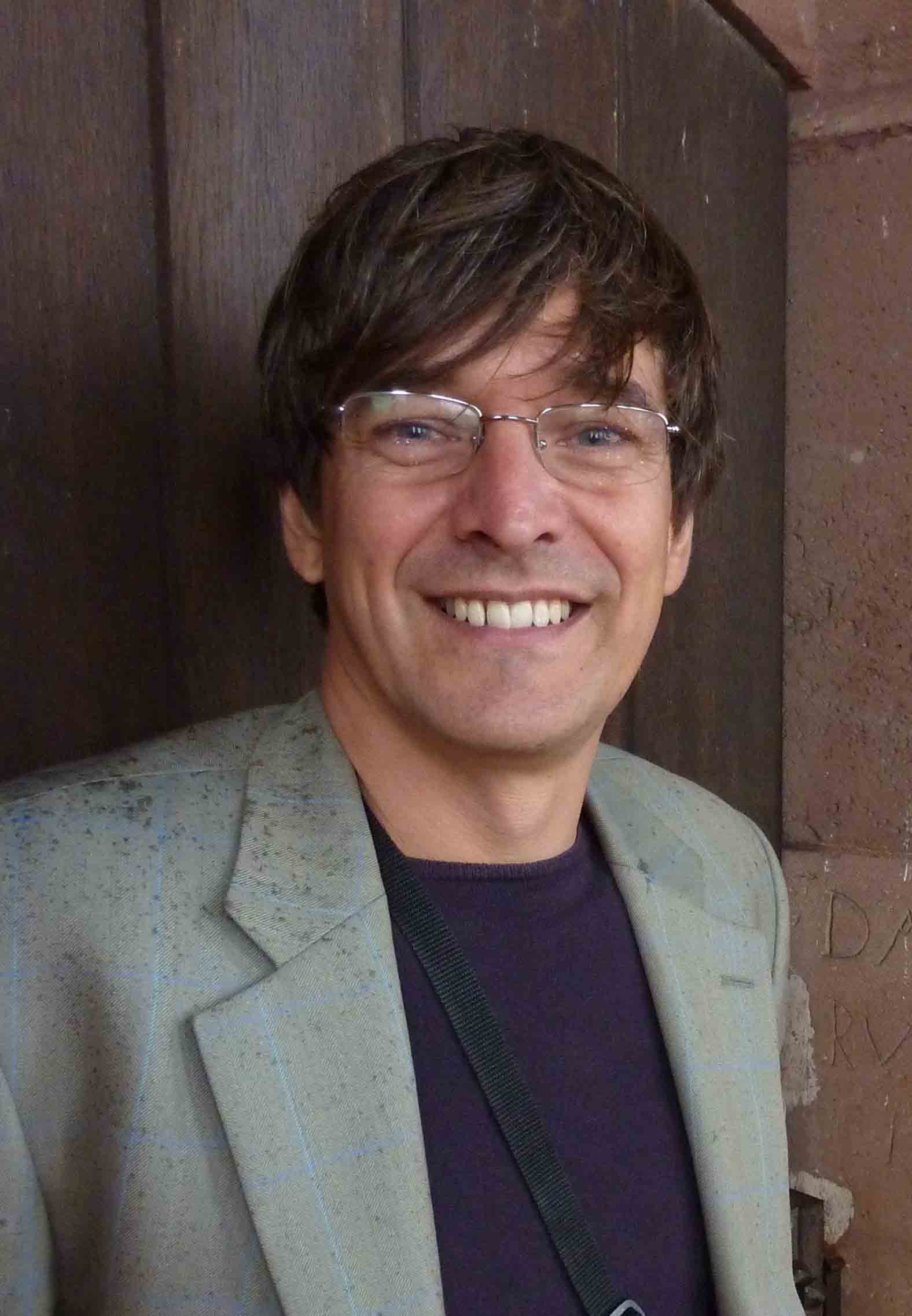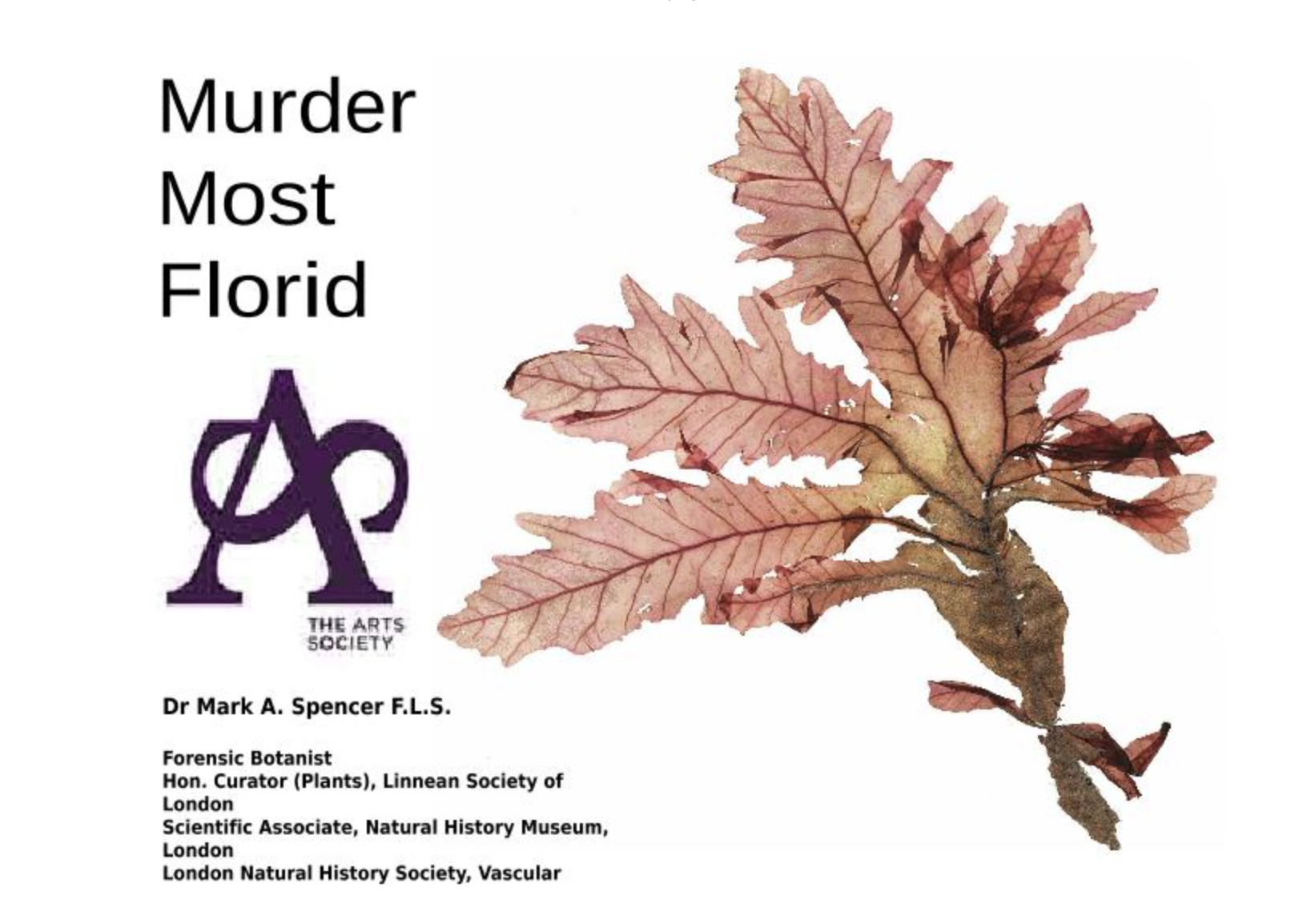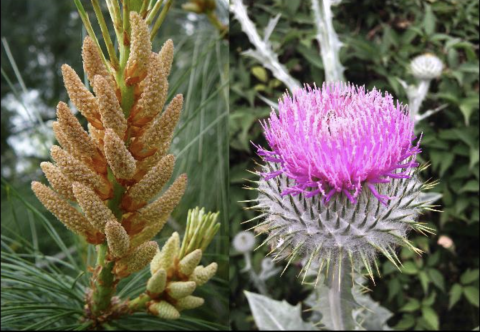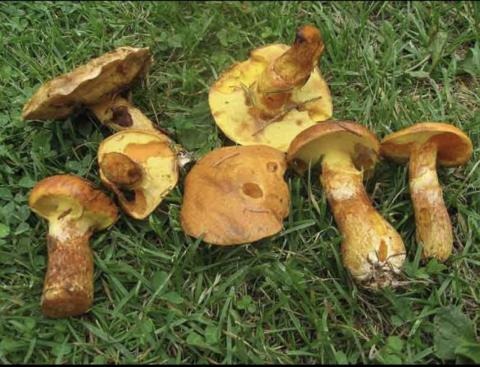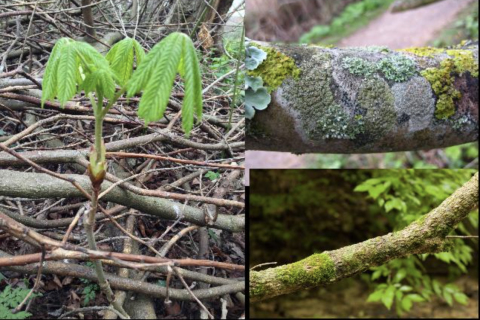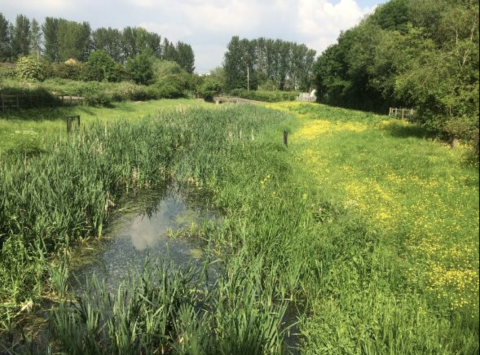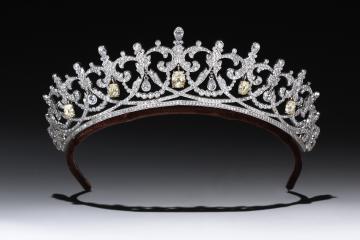Plants too are silent witnesses to crimes. Their presence in many crime scenes can help an investigator identify a suspect or locate a victim. Apparently mundane plants such as brambles and nettles can provide valuable insights into when a crime was committed. Fragments of leaves and seeds embedded in soil on the footwear of a suspect can place them at the scene. An understanding of landscape history and land-use helps an investigator discriminate between a clandestine burial and a mediaeval feature in a woodland. Forensic botany is not new science, plants have played a role in solving major cases for decades, including the infamous murder of aviator Charles Lindbergh’s infant son.



